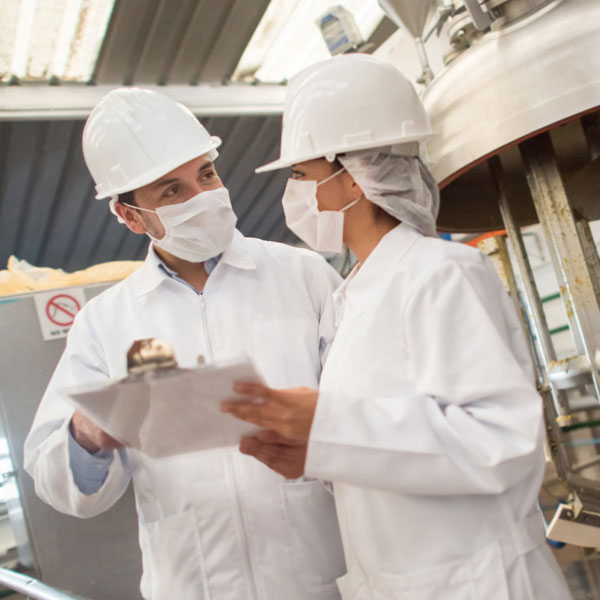
PCP interactive tool - SFCR
Find out if you need a preventive control plan by using our preventive control plan interactive tool.
Food safety issues can lead to serious health risks for the public and are costly for businesses. That's why under the Safe Food for Canadians Regulations, most businesses need to put in place preventive food safety controls.
What are preventive food safety controls
Preventive controls refer to a combination of measures that a business may be required to put in place to prevent and control risks to food.
Preventive controls reduce the likelihood of contaminated products entering the market, whether they are prepared within or outside of Canada, and address hazards and risks in such areas as:
- sanitation and pest control
- treatments and processes
- equipment
- maintenance and operation of establishments
- unloading, loading and storing food
- employee competence, hygiene, and health
- complaints and recalls
Who needs to put in place preventive food safety controls
Businesses need to put in place preventive food safety controls. This includes businesses that:
- import food
- manufacture, process, treat, preserve, grade, package or label food to be exported or sent across provincial or territorial boundaries
- grow or harvest fresh fruits or vegetables to be exported or sent across provincial or territorial boundaries
- handle fish on a conveyance to be exported or sent across provincial or territorial boundaries
- slaughter food animals from which meat products are derived for export or to be sent across provincial or territorial boundaries
- store and handle a meat product in its imported condition for inspection by the Canadian Food Inspection Agency (CFIA)
Most businesses need to document their food safety controls in a written preventive control plan (PCP). However, small businesses that make $100,000 or less in gross annual food sales have to have preventive controls in place, but are not required to have a written preventive control plan, unless an export certificate is requested. This exception does not apply to businesses that conduct any activity in respect to food animals, meat products, dairy products, fish, eggs, processed egg products, or processed fruits and vegetables.
What is a preventive control plan (PCP)
A PCP is a written document that demonstrates how risks to food and food animals are identified and controlled. The PCP also includes, where applicable, a description of measures taken related to animal welfare, and certain requirements for packaging, labelling, grades, standards of identity, and the slaughter of food animals from which meat products are derived.
The controls are based on internationally recognized good manufacturing practices and Hazard Analysis Critical Control Point (HACCP) principles.
For importers, a PCP describes how the importer and its foreign suppliers are meeting applicable preventive food safety control requirements.
Why it matters
Industry is responsible for preparing, exporting and importing safe food. Preventive food safety controls help businesses identify and correct issues early in the production process.
While many food businesses already have mandatory or voluntary preventive controls in place, applying specific food safety requirements more broadly will further enhance food safety. This will protect Canadians, help avoid costly recalls, and ensure continued market access with countries that require similar food safety measures and mandatory control systems.
Visit the Preventive food safety controls section of our Toolkit for businesses for more information.
Get more Inspect and Protect
- Want to learn more about what we do? Explore articles, videos and podcasts.
- Interested in reporting on a story? Contact CFIA Media Relations to arrange an interview with one of our experts.
- Have an idea or feedback to share? Get in touch!